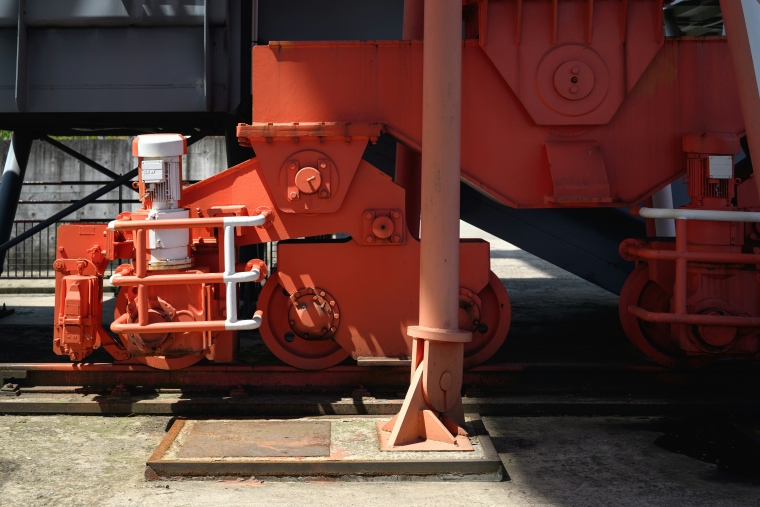
Few firms have accessed Investment Boost, and those who have were going to invest anyway, according to a Kiwibank survey of its business bankers.
Only a third of the business bankers surveyed said clients had claimed Investment Boost's accelerated depreciation benefits for capital expenditure, says Kiwibank economist Sabrina Delgado.
And for those who have claimed Investment Boost deductions, most were either already planning to invest when the scheme was announced in last May's Budget, or are catching up on deferred capex.
Investment Boost - unveiled as the centrepiece of the Government's "Growth Budget" - is a tax incentive that allows firms to deduct 20% of a new asset's price from taxable income in the year of purchase, on top of "normal" depreciation.
An IRD factsheet explains Investment Boost doesn't change the total value of deductions claimed over the life of an asset.
"However, it does mean you can claim a greater deduction in the 1st year. This means you pay less tax in that year. Because money saved today is worth more than money saved later, this helps you save more overall," IRD says.
Treasury has estimated the scheme will cost the Government around $1.5 billion a year, but will lift GDP by 1% and wages by 1.5% over the next 20 years.
Delgado says businesses have been, and are still, surviving not thriving, and "we need a more convincing period of sustained demand in the economy" if uptake of the scheme is to move beyond "muted."
"We’re closer to that now than we were in May, especially with the RBNZ signalling a shift toward stimulatory settings. Conditions are set to improve. But the here and now still poses many challenges for Kiwi businesses, with many unable or unwilling to invest," says Delgado.
Delgado says there is limited quantitative data on the scheme's uptake and impact, so she decided to gather anecdotal insights from Kiwibank's business bankers.
Their response, "as expected," was that firms are holding on for "calmer waters and a brighter outlook."
"Need surety of revenue before further investment, especially as it's a cash flow plus, not a permanent write-off as such," one banker said.
"Yes, if they had the projects to purchase the new equipment for. Most are saying they don't have the projects to warrant buying new equipment at present," said another.
"Our conversations with local accountants indicate a mixed response to the policy. There are unanticipated accounting software updates required to accommodate the change, and the financial impact won't be felt for approx. 12 months, so whilst it reads well, the real-world impact is somewhat muted,” said another.
Delgado concludes Investment Boost is "a cherry on top" for those already investing, "but the accelerated depreciation is not yet enticing firms off the sidelines."
3 Comments
No one is going to buy a brand new excavator just because they got a discount. Still need to justify the investment.
For me it made buying a new car for my biz justifiable vs a recent 2nd hand model, esp when you factor in the warranties etc. But you still need confidence in your revenues to pay for it.
I do think it will start to bring forward farm equipment purchases.
So it's not going to cost the govt $1.5 Billion a year and it's not going to help growth much. It was actually a no impact policy hedged about with caveats that made it non-user friendly.
A puff piece of policy propaganda to avoid any serious expenditure.

We welcome your comments below. If you are not already registered, please register to comment
Remember we welcome robust, respectful and insightful debate. We don't welcome abusive or defamatory comments and will de-register those repeatedly making such comments. Our current comment policy is here.